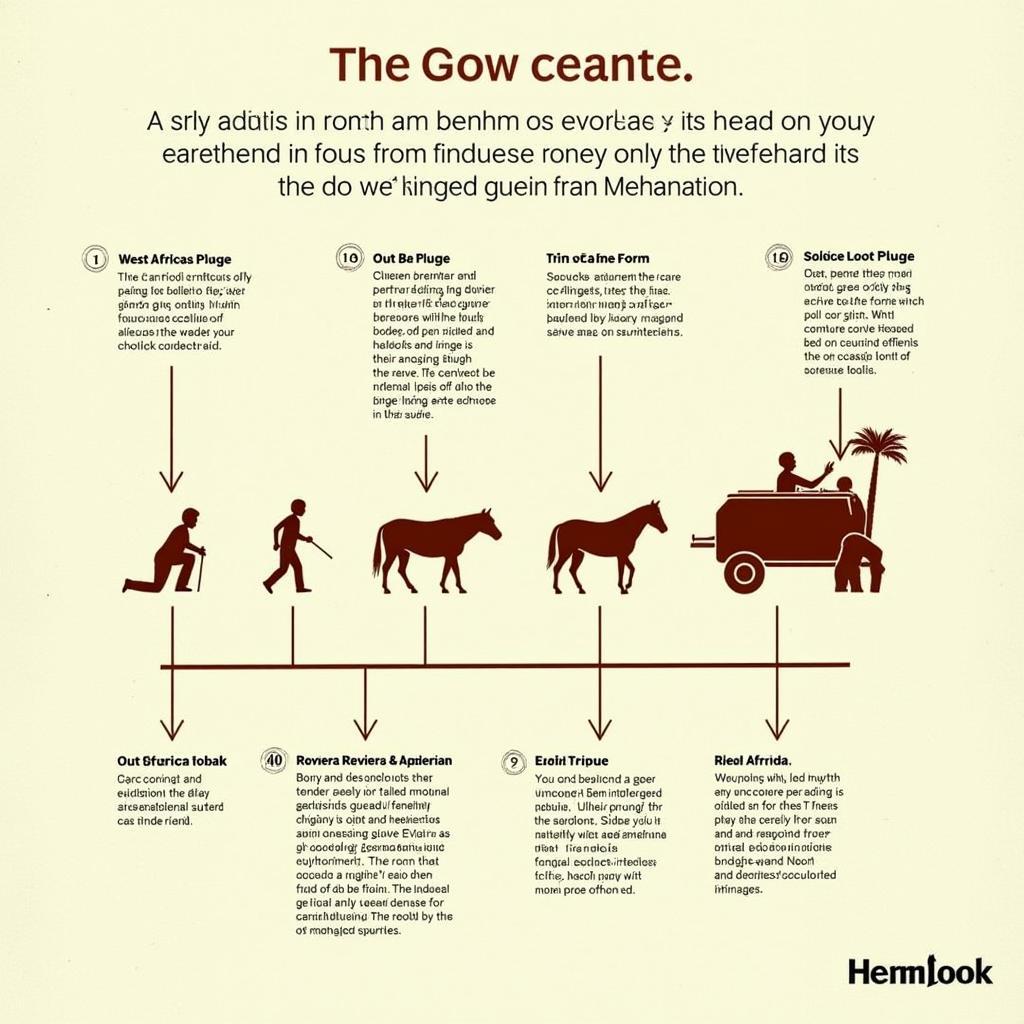Unpacking the African American Accent: Name, Nuances, and Notable Examples
The term “African American Accent Name” often leads to a search for understanding the distinct qualities of African American Vernacular English (AAVE) and its influence on pronunciation, vocabulary, and overall communication. Let’s delve into the intricacies of AAVE, exploring its historical roots, linguistic features, and cultural significance. african american style of speaking
What Defines the African American Accent?
AAVE, sometimes referred to as Black English or Ebonics, isn’t simply slang. It’s a complex dialect with its own grammatical rules, pronunciation patterns, and vocabulary, shaped by history, geography, and cultural experiences. It’s crucial to understand that AAVE is a legitimate dialect, not a substandard form of English.
Historical Influences on AAVE
The development of AAVE is deeply intertwined with the history of African Americans. The transatlantic slave trade brought diverse African languages into contact with English, creating a unique linguistic blend. Over time, this blend evolved, influenced by regional dialects in the American South and the ongoing social and cultural experiences of Black communities.
 AAVE Historical Development
AAVE Historical Development
Common Features of AAVE Pronunciation
Several pronunciation patterns distinguish AAVE. These include consonant cluster reduction (e.g., “desk” becoming “des”), the use of the “th” sound as “d” or “f” (e.g., “this” becoming “dis” or “with” becoming “wif”), and vowel variations. While these are general trends, the specific features can vary significantly by region and individual speaker.
The Role of Intonation and Rhythm
Beyond pronunciation, AAVE has a distinct intonation and rhythm that contributes to its unique character. The melodic patterns and cadence of speech in AAVE are often described as rhythmic and expressive.
AAVE in Popular Culture
AAVE has increasingly found its way into mainstream media, music, and literature, reflecting its growing cultural influence. From hip-hop music to television shows and films, AAVE adds a distinct flavor and authenticity to creative expression. This increased visibility has also sparked important conversations about language, identity, and representation. 90s african hairstyle
Notable Figures Embracing AAVE
Numerous prominent figures, including musicians, actors, and writers, have embraced AAVE in their work, contributing to its wider recognition and acceptance. This has not only broadened the reach of AAVE but also highlighted its power and versatility as a form of communication.
Dr. Anita Baker, a respected sociolinguist, shares her perspective, “AAVE’s influence on popular culture is undeniable. Its distinctive rhythms and vocabulary have enriched artistic expression and contributed to the evolving landscape of American English.”
Conclusion: Appreciating the Rich Tapestry of AAVE
The “african american accent name,” more accurately understood as African American Vernacular English, is a vibrant and complex dialect with a rich history and cultural significance. By understanding its linguistic features, historical context, and cultural impact, we gain a deeper appreciation for the diversity of language and its power to reflect and shape our identities. african american flat twist updo hairstyles
FAQ
-
Is AAVE a proper language? Yes, AAVE is considered a distinct dialect of English with its own grammatical rules and pronunciation patterns.
-
Where did AAVE originate? AAVE has roots in West African languages and developed through contact with English during the transatlantic slave trade.
-
What are some key characteristics of AAVE? Key features include consonant cluster reduction, unique vowel sounds, and a distinctive intonation and rhythm.
-
Is AAVE slang? No, AAVE is not simply slang; it is a fully formed dialect with its own grammatical structure.
-
How has AAVE influenced popular culture? AAVE has significantly impacted music, television, and literature, enriching artistic expression and contributing to the evolving landscape of American English.
-
Are there variations within AAVE? Yes, AAVE varies regionally and individually, reflecting the diverse experiences of Black communities across the United States.
-
Why is understanding AAVE important? Understanding AAVE promotes linguistic awareness, cultural sensitivity, and appreciation for the diversity of language.
For further assistance, please contact us at Phone: +255768904061, Email: kaka.mag@gmail.com, or visit us at Mbarali DC Mawindi, Kangaga, Tanzania. Our customer service team is available 24/7.
